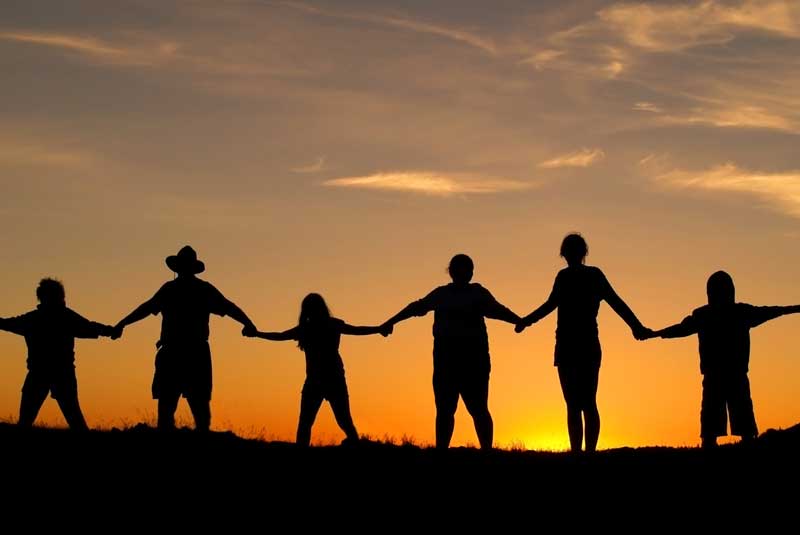
“Some are born great, some achieve greatness, and some have greatness thrust upon them.” Shakespeare wrote these words for a character in the Twelfth Night. Many years later Kevin Arnold, lead character in the Wonder Years, put his own spin on it when he said: “Some are born great, some achieve greatness, and some have greatness thrust upon them … while they are in the bathroom.”
See, his classmates were voting for a head prefect and he didn’t want to participate in the poll. So he went to the loo. He came back to find that he had been elected. While he was taking a dump, he had become the most powerful boy child in his class. Thankfully, the consequences of his absentia were not that displeasing.